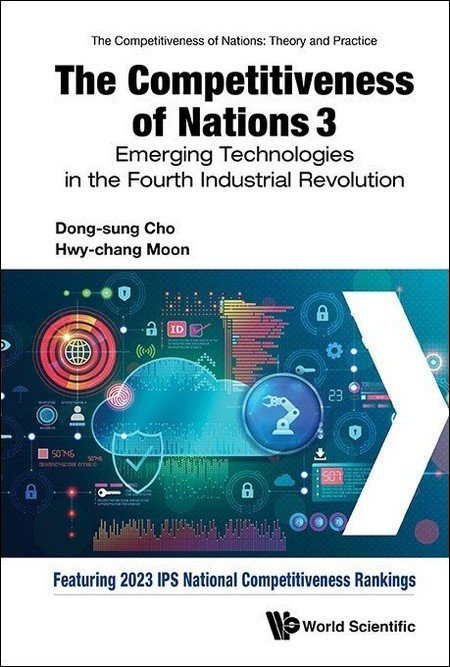Chapter 11: Factors Influencing the Future of Work 4.0: Technological Competitiveness, Education, and Policy Coordination
Throughout history, advanced technologies have played a vital role in each industrial revolution. The Fourth Industrial Revolution, in particular, strives to make manufacturing smarter, more self-sufficient, and capable of adapting to changes and making informed decisions based on data it collects from its surroundings through technological advancements. This study explores the correlation between technological competitiveness, education, and policy coordination in the Fourth Industrial Revolution and its impact on the future of jobs by focusing on Latin America as a case study. It aims to evaluate national technological competitiveness and disruptions in various Latin American countries, assess the opportunities and challenges of integrating disruptive and emerging technologies into businesses, and identify the knowledge competencies and policies necessary to enhance competitive advantages and prepare the workforce for the demands of this new era.



